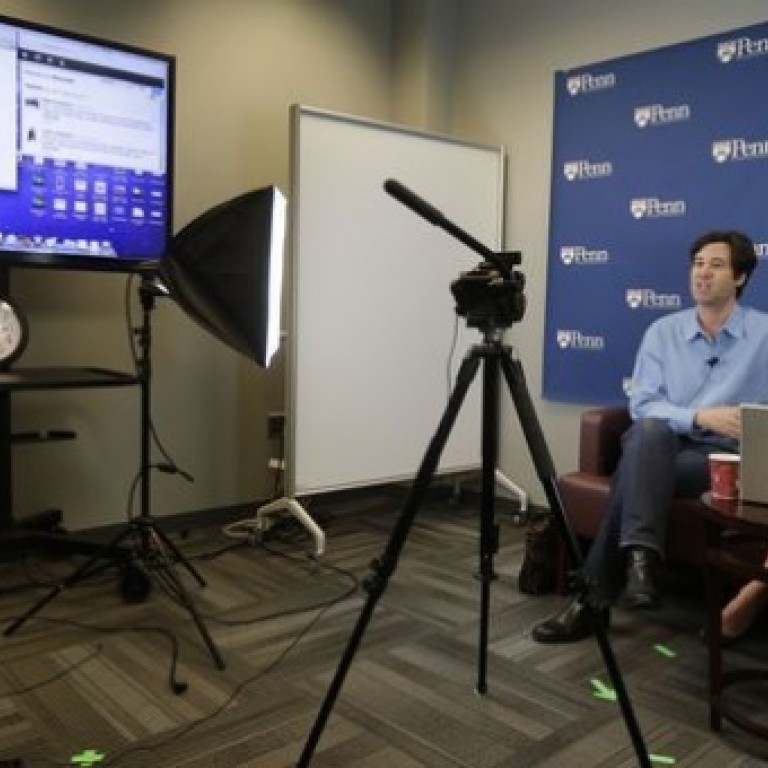
MOOCs: a better bet for business education?
For years, every time I found myself in a period of transition I thought about enrolling in business school. When I was in my twenties and trying to figure out my career path, those transition moments came up fairly often. But every time I did the maths – two years out of the workforce, foregone earnings, cost of living expenses, and the price of the MBA itself – the numbers never seemed to add up.
Then I discovered MOOCs.
I found out about massive open online courses (MOOCs) in 2012, when free courses from prestigious universities were still relatively new. Fittingly, 2012 was what The New York Times called “the year of the MOOC,” due to the explosion in popularity of these free courses. The first movers – Coursera, edX, Udacity – have now been joined by many other MOOC providers, some offering all content free of charge and others charging a fee for some or all of their courses.
It wasn’t until a year after I first heard about free online courses that I started my own MOOC adventure. As I approached another transition moment – this time I was getting married and moving across the world with my new husband – I thought again about getting a business education. Only this time, I wondered if it would possible to use MOOCs to get the skills and knowledge I wanted.
I scoured the web for anyone who might be writing about getting a free MOOC-based MBA. Although I found several articles suggesting that such a thing was now possible given the wide variety of MOOC offerings, I didn’t find anyone blogging about their own experience fashioning a complete business curriculum from free courses. The No-Pay MBA was born when I decided that in addition to taking an MBA’s worth of free courses, I wanted to document my journey – both as a way of showcasing what I’d learned and as a resource for others.
The right candidate for a MOOC-based MBA equivalent
The most frequent question I get asked about my project is something along the lines of, “Yeah, I’m sure you’re learning a lot, but what about the degree itself?” It’s true I won’t be getting a degree at the end of my self-designed education. No accredited business schools are currently offering credit for MOOCs. What I will be getting is all the content – the knowledge and the skills – that one would acquire in a traditional MBA programme.
I’m not arguing that this is the right choice for everyone, especially those who plan to go into a field where the degree itself is a requirement. But for some people, a free MOOC-based MBA may be just the ticket.
Career enhancers - For people who are already a few years into a field they would like to stay in, free courses can be an excellent way to enhance a career. As you acquire new skills through your studies, you can put those skills into practice almost immediately at work. Over time, you can take on more responsibility to match your increased capacity.
Career shifters - For those who are in a field close to the one they would ultimately like to end up in, it may make sense to continue working while studying. In addition to being nominally free, MOOCs come at almost zero opportunity cost since you don’t have to stop working to take them. Plus, if you are already working in a field related to the one you’d like to be in, you likely have a valuable professional network that is growing all the time. That network, specific to your field, may be just as valuable as the business school network. While you’re busy acquiring new skills through MOOCs, you can also use your network to start exploring new opportunities without ever leaving the workforce.
Entrepreneurs - Finally, anyone who is thinking about going into business for themselves should be wary of taking on a pile of student debt. With the course offerings currently available, a budding entrepreneur can find everything he or she needs to create a start-up plan and get going. Especially for entrepreneurs, no classroom education can match the real-world experience of actually running a business. An MBA may end up being little more than an expensive detour.
The future of business education
If you choose to go the MOOC route to getting your business education, you will be among the first. But I am convinced that in the future, more and more people will be turning to MOOCs to achieve their educational goals. Regular MBA programmes may still make financial sense for some people, but this new model of education has the potential to be very disruptive, particularly in the executive education market. As MOOC providers become increasingly sophisticated at verifying student learning, and as employers come to recognise the value of online education, the MBA degree itself will likely no longer be seen as the single, all-encompassing credential necessary for success in business.
